Booyah Ransomware Data Recovery

I think there's an issue with my storage device, but I'm not sure
Start a free evaluationWhat is Booyah Ransomware?
Booyah Ransomware is a type of malicious software that seeks to extort money from victims by encrypting their files and demanding a ransom for the decryption key. Someone typically spread it through email attachments or infected websites and can infect both individual computers and entire networks. Booyah Ransomware is particularly dangerous because it can encrypt not only individual files but also entire drives, rendering them inaccessible. This can result in significant financial losses for businesses, as well as the loss of important data. Booyah Ransomware is a serious threat, and anyone who suspects that they may have been infected should seek professional help immediately.
How does Booyah Ransomware work?
Booyah Ransomware works by encrypting the files on an infected computer or network using a strong encryption algorithm. Once the files have been encrypted, the Booyah Ransomware will display a message demanding a ransom be paid to decrypt the files. The amount of the ransom varies but is typically several hundred dollars. Booyah Ransomware will also often threaten to delete the encrypted files if the ransom is not paid within a certain period, typically 24-48 hours.Paying the Booyah Ransomware ransom does not guarantee that the files will be decrypted, and in fact, there have been reports of victims who have paid the ransom but have not received the decryption key. Additionally, Booyah Ransomware is often bundled with other malware, such as Trojans or spyware, which can further compromise the security of an infected computer. For these reasons, it is generally not recommended to pay the Booyah Ransomware ransom.
History of Booyah
Booyah Ransomware was first discovered in August 2016 by security researcher Michael Gillespie. We believe it to be a variant of the EDA2 Ransomware, which was first discovered in December 2015. Booyah Ransomware shares many of the same characteristics as EDA2 Ransomware, including the use of the RSA-2048 encryption algorithm and the demand for a ransom to be paid in Bitcoin. Booyah Ransomware is written in the C++ programming language and is designed to run on Windows systems.The biggest Booyah Ransomware attack to date occurred in September 2016, when it was used to attack the San Francisco Municipal Transportation Agency (SFMTA). The Booyah Ransomware encrypted over 2,000 SFMTA computers, causing significant disruptions to the agency’s operations.
How to protect yourself from Booyah Ransomware?
There are a few things you can do to protect yourself from Booyah and other types of ransomware. First, make sure that your computer has up-to-date security software installed, including an antivirus program and a firewall. Additionally, be very careful about opening email attachments, especially if they come from unknown or untrusted sources. Finally, regularly back up your important files to an external hard drive or cloud storage service so that you can recover them if Booyah Ransomware or another type of ransomware encrypted them.
How to remove Booyah Ransomware?
If it has infected your PC with Booyah Ransomware, you should immediately disconnect it from the internet and scan it with a reputable antivirus program. After that, you should contact a professional to help you recover any Booyah Ransomware-encrypted files.
Is there a public decryption tool for Booyah Ransomware?
At this time, there is no known public decryption tool for Booyah Ransomware. This means that if Booyah has encrypted your files, you will probably not be able to recover them without paying the ransom.
Contact a data recovery service
SalvageData ransomware data recovery team will decrypt your files and guarantee they restored them. Even if decryption is impossible, our experts can communicate with the hacker group on your behalf. We will work with you to get your Booyah Ransomware deleted and will also take steps to prevent any future Booyah Ransomware attacks.For more information, please visit our website: www.salvagedata.comOr call us 24/7: +1 (800) 972-3282 for a free consultation.
Related services
These are the most commonly requested data recovery services. At our headquarters' cleanroom lab, our certified engineers conduct a thorough review of any type of physical storage device, determining if there is logical or physical damage and carefully restoring all of the lost files.ces.
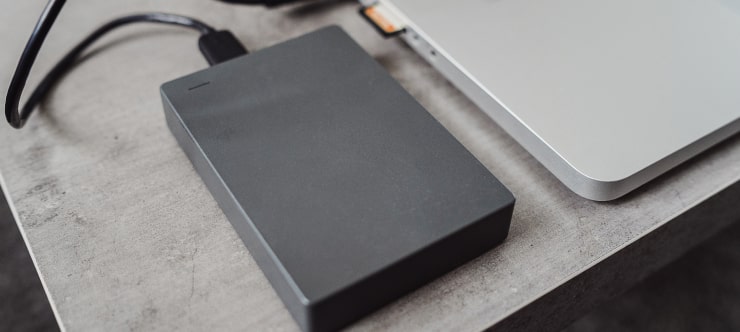
External Drive Data Recovery
We recover data from both external SSD and HDD drives. Rely on certified experts to restore your important files from damaged or corrupted external drives.
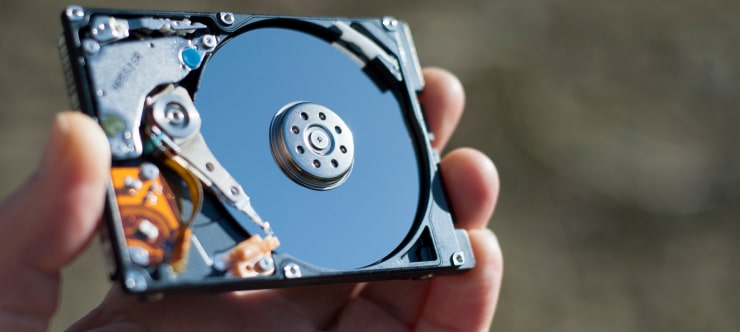
Hard Drive Data Recovery
Recover data from all brands of HDD, PC hard drives, and hybrid disks. Our specialists ensure fast and secure recovery for any data loss scenario.
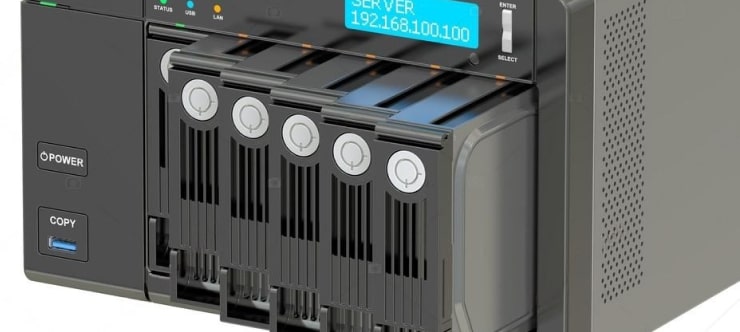
NAS Data Recovery
Recover data from NAS devices, including RAID configurations. Our team handles all types of NAS systems and ensures data recovery with minimal downtime.
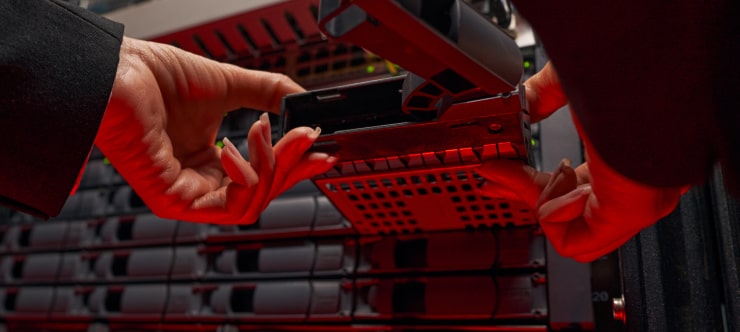
RAID Data Recovery
Our RAID data recovery services cover RAID 0, 1, 5, 10, and other configurations. We offer expert solutions for failed, degraded, or corrupted RAID arrays.
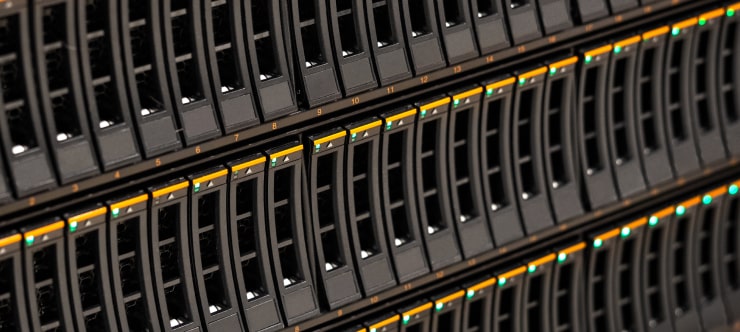
SAN Data Recovery
Our team specializes in handling SAN devices from leading manufacturers like Dell EMC, HP, and IBM, ensuring efficient recovery with minimal disruption to your operations.
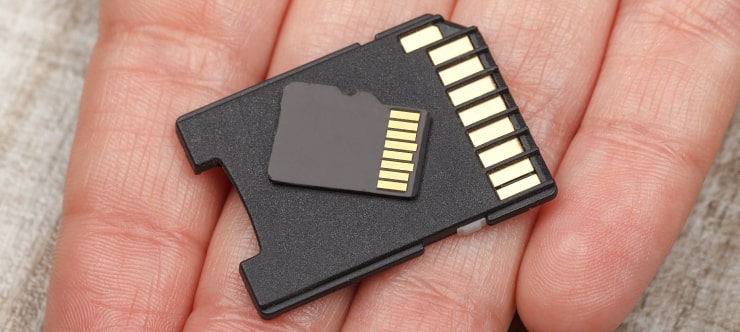
SD Card Data Recovery
Our recovery experts specialize in restoring data from SD and memory cards. We guarantee quick recovery with a no-data, no-charge policy.
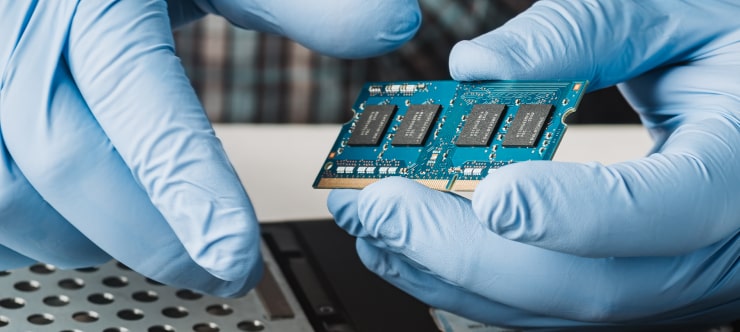
SSD Data Recovery
Our data recovery experts handle all SSD data loss scenarios with advanced tools, ensuring maximum recovery with high-security protocols.
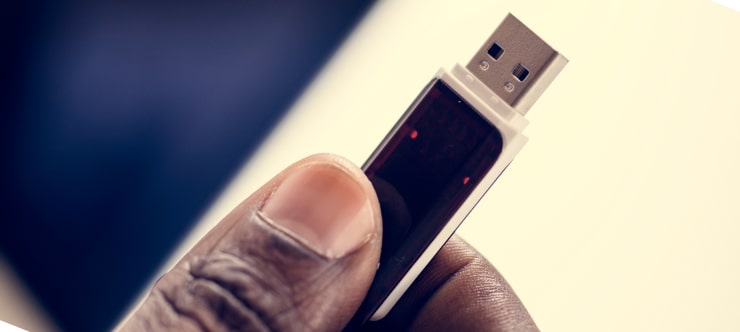
USB Flash Drive Data Recovery
Recover lost data from USB flash drives, regardless of the damage or brand. We offer free in-lab evaluations to assess data recovery needs.
If you’re unsure about which data recovery service to choose, let our team assist you in selecting the appropriate solutions. We understand the anxiety that comes with a sudden drive failure, and we are more prompt in our actions compared to other recovery service providers.



